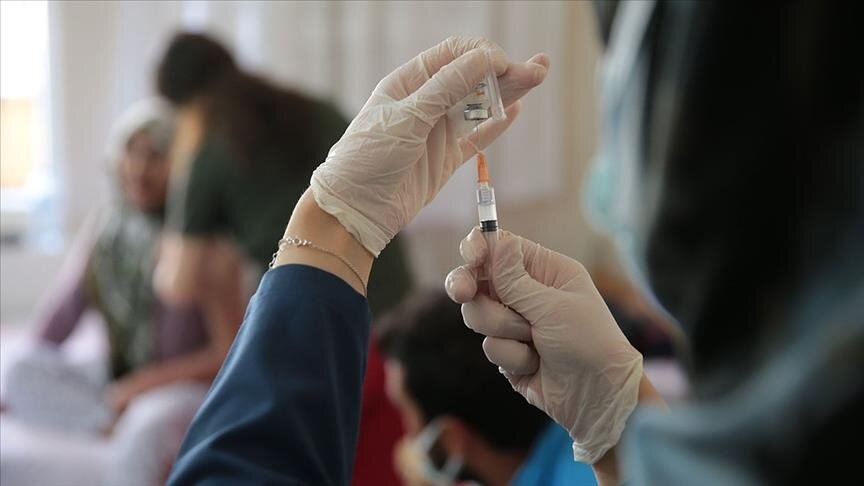Coronavirus vaccination in Iran progressing well: WHO

TEHRAN – World Health Organization (WHO) representative to Iran Jaffar Hussain has said that the process of vaccination against coronavirus in Iran is progressing well.
Iran's health system can be a model for other countries in the region, especially in the field of health and the use of valuable forces such as healthcare providers (called Behvarz in Iran), he stated, IRNA reported.
Iranian health centers have good experience to meet the needs of society, he noted, highlighting, In Iran, despite sanctions, most health indicators, such as the health of infants, pregnant women, access to health services, and health insurance coverage, are in good condition.
Iran's health system can be a model for other countries in the region. Fortunately, the pace of COVID-19 vaccination in Iran is fine, and the World Health Organization recommends that both doses of the vaccine be injected to further protect people against the virus because receiving the first dose alone does not have much effect.
Vaccines can give the community immunity against the disease. The higher the vaccine coverage, the weaker the virus. Of course, vaccination may not eliminate the disease, but it does reduce its destructive effects, he explained.
WHO’s support not only includes Iran but also other member countries, especially in the provision of supplies and equipment, capacity building and empowerment of the health system, efforts to increase public access to health equipment and facilities, he also emphasized.
Vaccination up, mortality down
Iran has recently accelerated its vaccination rollout and is now administering in the range of one million doses per day. So far, 20 percent of the population has received both doses. However, the pandemic continues to strongly affect the country's unvaccinated population.
In July, delta variant mortality peaked and recorded over 700 daily deaths, but the increase of vaccination pace reduced the toll.
Today, many age groups of the elderly, rare diseases patients, teachers, university professors, health professionals, veterans, etc. have been vaccinated and now the process of vaccinating students is underway.
Vaccination reduced the mortality rate among the elderly aging 60 or above by 30 percent, and the trend is declining.
Studies show that people who are not vaccinated are 4.5 times more likely to develop COVID-19 than those who are fully vaccinated, and 10 and 11 times more likely to be hospitalized and die, respectively.
FB/MG
